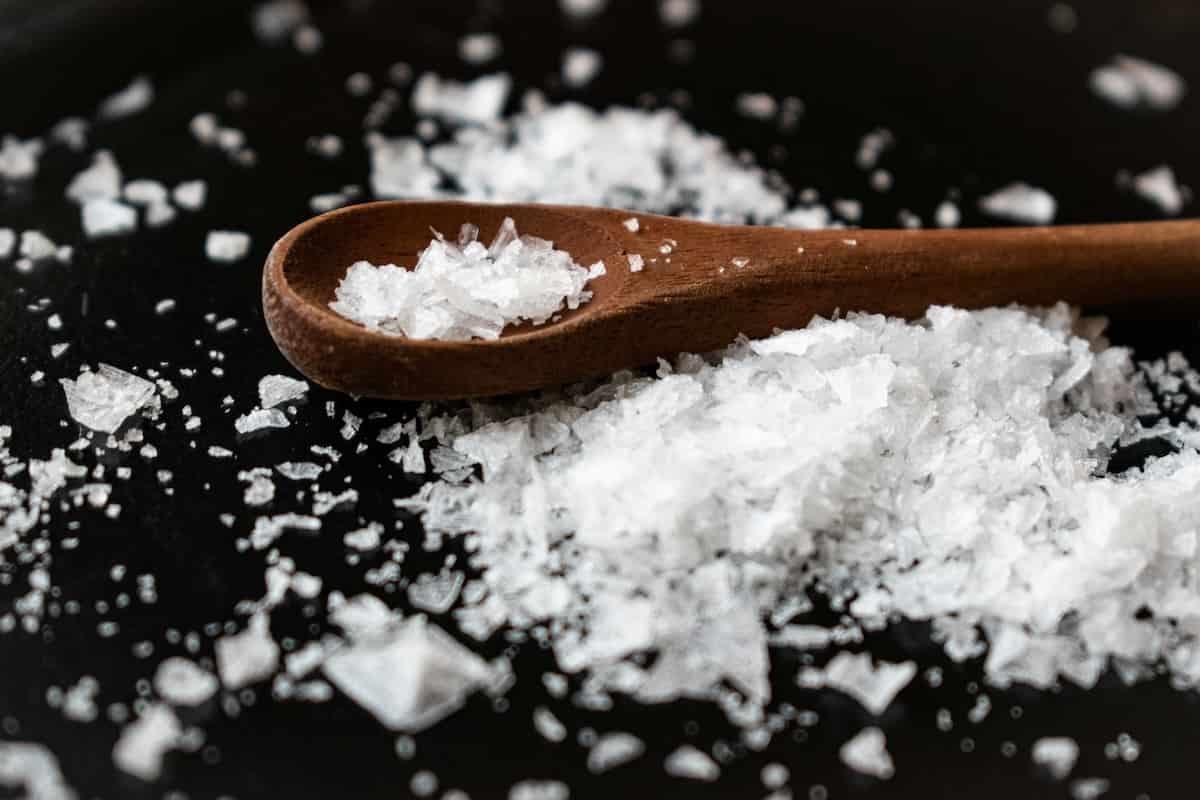Last update: January 22, 2025
6 minute read
Do Ice Baths Really Boost Your Health?
Are ice baths worth the hype? Explore the science-backed benefits, potential risks, and safety tips of cold water immersion for muscle recovery, stress relief, and overall wellness.

By Stephanie Wright, RN, BSN
Edited by Dr. Dimitar Marinov, MD, RDN, PhD

Thinking about trying an ice bath for your health? Cold water immersion (CWI) is popular among athletes for muscle recovery and stress relief, but is it safe? This post explores the benefits and risks of ice baths, so you can decide if they're right for you. Discover the cold, hard truth before taking the plunge!
Key takeaways
- Ice baths may reduce pain and stress but can slow muscle growth; long-term effects are unclear
- Cold water immersion risks include cardiovascular stress and cold shock, especially for people with conditions
- Ice baths should complement a balanced diet and exercise routine
The science behind ice baths: How does cold water affect your body?
When you immerse yourself in cold water, your body reacts via a neuroendocrine response, which involves increased energy use, elevated hormones like adrenaline, and more.
This reaction can help reduce fatigue and pain after intense exercise. Data also suggest that this may help lower oxidative stress in the long term.
Serious athletes may want to think twice before jumping into an ice bath after strength training. Some research suggests that cold water can actually slow down muscle growth.
VitaRx Tip
While this process can benefit physical performance (especially soon after another training session or competition) and overall well-being, it might not be ideal for everyone.
Potential benefits of ice baths
Stress reduction and mood enhancement
Believe it or not, taking a dip in icy water might actually help you relax. Studies have shown that cold water immersion can lower levels of cortisol, the stress hormone.
In fact, one study found that participants who took regular cold plunges experienced decreased cortisol levels for up to four weeks.
Many people also report feeling better after cold plunges. When your body is exposed to cold water, it releases endorphins – those feel-good hormones that ease stress and improve mood. Some researchers have even suggested that cold plunges could potentially be used as part of a treatment plan for depression, although there's no data to officially recommend that.
Cardiovascular health
When it comes to your heart, ice baths present an interesting paradox. The immediate effect of cold water immersion puts stress on the heart, causing your blood pressure and heart rate to spike.
However, some research suggests that overall heart health may improve as the body improves insulin resistance and energy expenditure as it adapts to regular cold-water exposure. But more research is needed to confirm these potential long-term benefits.
Metabolic boost
Here's a cool fact: regular cold plunges may help improve insulin sensitivity, potentially protecting against type 2 diabetes. Some studies also suggest that cold water immersion might help reduce and transform body fat tissue.
It's like turning your white fat into metabolically active brown fat. But remember that these effects are still being studied. Ice baths should complement, not replace, a healthy diet and exercise routine.
Mental toughness and resilience
One often overlooked benefit of ice baths is their potential to build mental toughness and resilience. Regularly exposing yourself to controlled discomfort can help you develop a stronger mindset, which can translate to other areas of your life.
By voluntarily subjecting yourself to the shock of cold water, you're training your mind to stay calm and focused under stress. This mental fortitude can be invaluable in high-pressure situations, whether in sports, work, or daily life.
Fun fact
Did you know that some cultures have been practicing cold water therapy for centuries? The Finnish sauna tradition often includes a dip in an icy lake!
The risks of ice baths
Cardiovascular risks
While ice baths can potentially benefit heart health in the long run, they're not without risks. The sudden shock of cold water can cause:
- A rapid increase in blood pressure and heart rate
- Irregular heartbeats or arrhythmias
- An increased risk of heart attack, especially in those with pre-existing heart conditions
This is why it's crucial to consult with a healthcare professional before starting any cold water immersion routine, especially if you have a history of heart problems.
Cold shock response
Ever jumped into a cold pool and felt like you couldn't breathe? That's the cold shock response in action. This involuntary reaction can lead to:
- Gasping and rapid breathing, increasing the risk of drowning
- Panic and confusion, impairing decision-making abilities
These risks underscore the importance of proper technique and supervision when practicing cold water immersion.
Health made easy: your go-to resource for essential vitamins and supplements

How to perform an ice bath safely
When it comes to ice baths, more isn't always better. Here are some guidelines to follow:
- Aim for water temperatures of 50-60 degrees Fahrenheit (10-15 degrees Celsius)
- Start with short durations of 1 to 5 minutes
- Gradually increase to 10-15 minutes as your body acclimates
- Never exceed 15 minutes, even for sore muscles
Remember, the goal is to challenge your body, not push it to dangerous limits.
Dos and don’ts of taking an ice bath
Here’s a quick set of dos and don’ts when taking an ice bath to ensure safety.
Do’s
Limit ice baths to 2-3 times per week
Hydrate well before and after
Warm up gradually post-bath
Have a friend present for safety
Don’ts
Don't take ice baths when feeling unwell
Don't jump into hot water immediately after
Don't drive or operate machinery right after
Don't exceed recommended time limits
Frequently asked questions (FAQ)
Here are some of the most frequently asked questions about ice baths.
Final thoughts
Ice baths offer a range of potential benefits, from muscle recovery to stress reduction. However, they also come with significant risks that shouldn't be ignored. As with any health practice, it's essential to approach ice baths with caution and under proper guidance.
Are you considering giving ice baths a try? Remember to consult with a healthcare professional first, especially if you have any pre-existing conditions. And if you do take the plunge, start slow, stay safe, and listen to your body.
Sources and references
- Health effects of voluntary exposure to cold water – a continuing subject of debate - PMC
- Human physiological responses to immersion into water of different temperatures - PubMed
- Combined cold-water immersion and breathwork may be associated with improved mental health and reduction in the duration of upper respiratory tract infection - a case–control study - PMC
- Cardiovascular diseases, cold exposure and exercise - PMC
- Rapid habituation of the cold shock response - PMC
- Effects of cold water immersion after exercise on fatigue recovery and exercise performance--meta analysis - PMC
- Cold‐water immersion (cryotherapy) for preventing and treating muscle soreness after exercise - PMC
Author

Stephanie Wright
Stephanie brings over 13 years of diverse nursing experience to the table, having honed her expertise in critical care, mental health, and utilization management. Her journey as a registered nurse across these various healthcare sectors underscores her adaptability and deep commitment to patient care.
Fact checker

Dr. Dimitar Marinov
Dr. Marinov has years of experience in scientific research and preventive and clinical medicine. His publications in peer-reviewed journals are on nutritional status, physical activity, and musculoskeletal disorders among adolescents.
At VitaRx, we're not just passionate about our work — we take immense pride in it. Our dedicated team of writers diligently follows strict editorial standards, ensuring that every piece of content we publish is accurate, current, and highly valuable. We don't just strive for quality; we aim for excellence.
Related posts
While you're at it, here are some other relevant articles you might be interested in.

Get your personalized vitamin recommendations in less than
5 minutes.
Get your personalized vitamin recommendations in less than
5 minutes.






